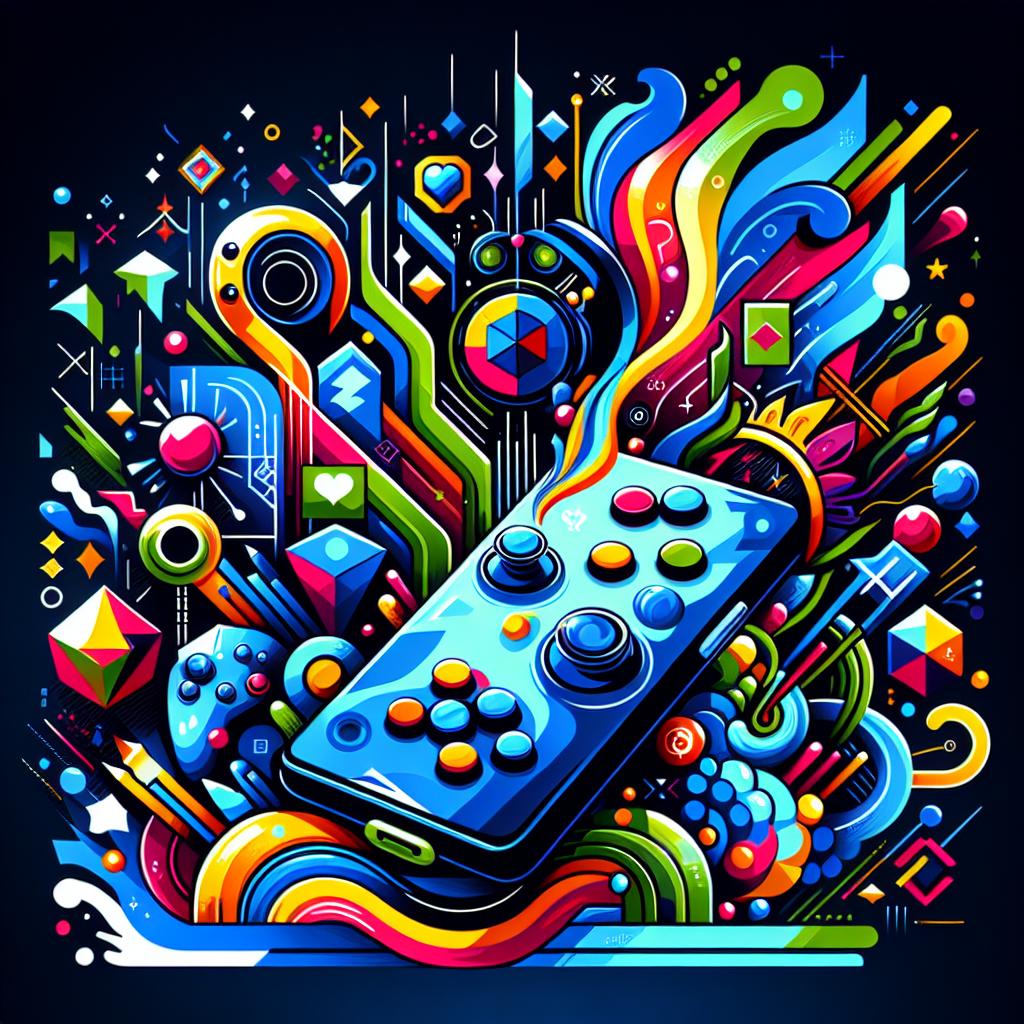
Emerging Trends in Gaming: The Future of Investment and Technology

Emerging Trends in Gaming: The Future of Investment and Technology
Current Trends Shaping the Gaming Industry and Future Opportunities
As of mid-2025, the global gaming industry is experiencing an extraordinary phase of transformation driven by technological advancements, changing consumer behaviors, and the ever-growing popularity of mobile gaming. The industry is currently projected to more than double in value from approximately $184.4 billion to over $314 billion by 2026. This significant growth is largely fueled by increasing smartphone penetration, novel digital gaming platforms, and aggressive mergers between gaming and technology companies that are positioning themselves to explore new revenue-generating avenues.
Currently, investment in gaming is escalating with a focus on emerging technologies such as Artificial Intelligence (AI) and Virtual Reality (VR). Factors such as a rising interest in esports, augmented reality experiences, and interactive gaming are key contributors to this trend. Reports suggest that as many as 40% of consumers express readiness to invest in upgrades for better gaming experiences. This signals an increasing consumer expectation for high-quality, engaging gameplay, reinforcing the industry's robust growth trajectory.
The future outlook indicates that neural interfaces are poised to revolutionize gaming in unprecedented ways. Companies like Neuralink are working on brain-machine interfaces that could soon allow players to control games with their thoughts. This innovation not only evokes excitement for more immersive experiences but also has the potential to enhance accessibility for gamers with physical disabilities.
Moreover, the ongoing regulatory developments in the European gaming sector emphasize a greater focus on responsible gambling while also supporting industry growth. Consumers are currently favoring transparent and safe gaming environments, further propelling the demand for enhanced player protection mechanisms. This means that companies will need to adapt their business strategies to align with shifting consumer expectations regarding ethics and safety in gaming.
One noteworthy trend seen across the online gaming sector is the rising dominance of mobile gaming which is expected to maintain its lead over traditional gaming forms. As mobile gaming continues to grow, it is projected that developers will increasingly allocate resources towards optimized mobile experiences, catering to a young, tech-savvy audience that prefers gaming on the go.
Glossary
- Artificial Intelligence (AI) [Technology]: A field of computer science focused on creating systems capable of performing tasks that typically require human intelligence, such as understanding natural language and recognizing patterns.
- Virtual Reality (VR) [Technology]: An immersive technology that simulates a real or imagined environment, allowing users to interact within that space through specialized equipment such as VR headsets.
- Neural interfaces [Technology]: Systems that enable direct communication between the brain and external devices, potentially allowing users to control technology using their thoughts.
- Neuralink [Company]: A neurotechnology company founded by Elon Musk that focuses on developing brain-machine interfaces to facilitate direct interaction between humans and computers.
- Esports [Concept]: Organized, multiplayer video game competitions, often between professional players or teams, which have become a popular form of entertainment and investment.
- Augmented Reality [Technology]: A technology that overlays digital information, such as images or sounds, onto the real-world environment to enhance the user's experience.
- Mobile gaming [Concept]: Playing video games on mobile devices, such as smartphones and tablets, which has grown significantly in popularity compared to traditional console and PC gaming.
- Responsible gambling [Concept]: An approach in the gaming industry that promotes safe play and prevents gambling-related harm, ensuring that consumers are aware of the risks involved.
- Player protection mechanisms [Process]: Policies and tools designed to safeguard players from potential harms associated with gaming, including ensuring fair play and protecting users' data.
Source Documents
- How to Start Investing in Gaming: The Best Wayshttps://www.konvoy.vc/blogs/how-to-start-investing-in-gaming
- Emerging Trends and Regulatory Developments Shaping the European Online Gaming and Casino Industryhttps://europeangaming.eu/portal/latest-news/2025/06/24/185401/future-of-online-gaming-europe-2024/
- Executive Summaryhttps://www.strategosinstitute.com/uploads/c2b27bb97cb4bf7b9ce0d175b888bf540d216b1966f33eada5196bb915d2ce6c.pdf
- Gaming Console Market Size, Share & Trends Report, 2030https://www.grandviewresearch.com/industry-analysis/gaming-console-market
- https://theshaderoom.com/articl/the-future-of-gaming-technologies-set-to-revolutionize.html